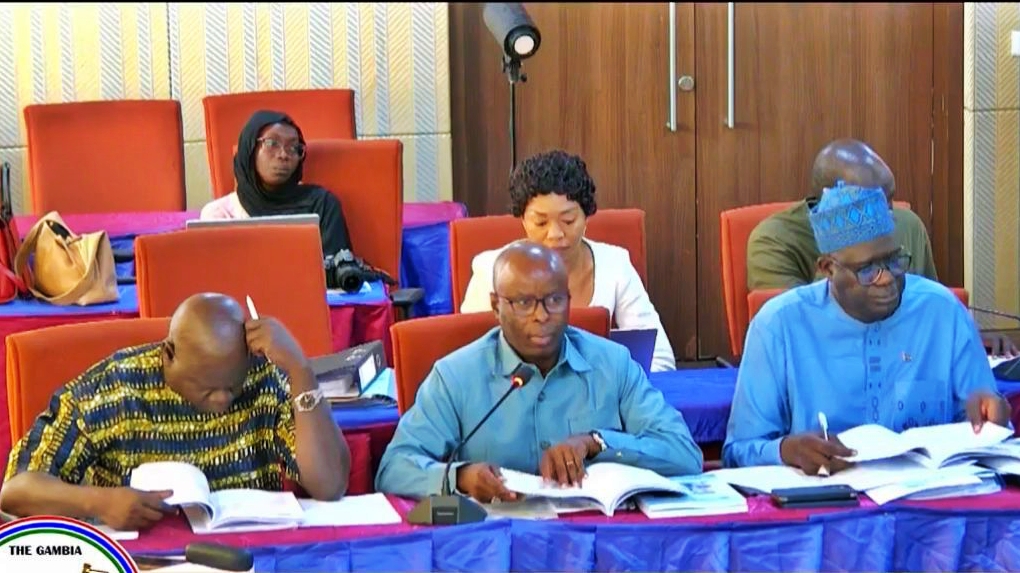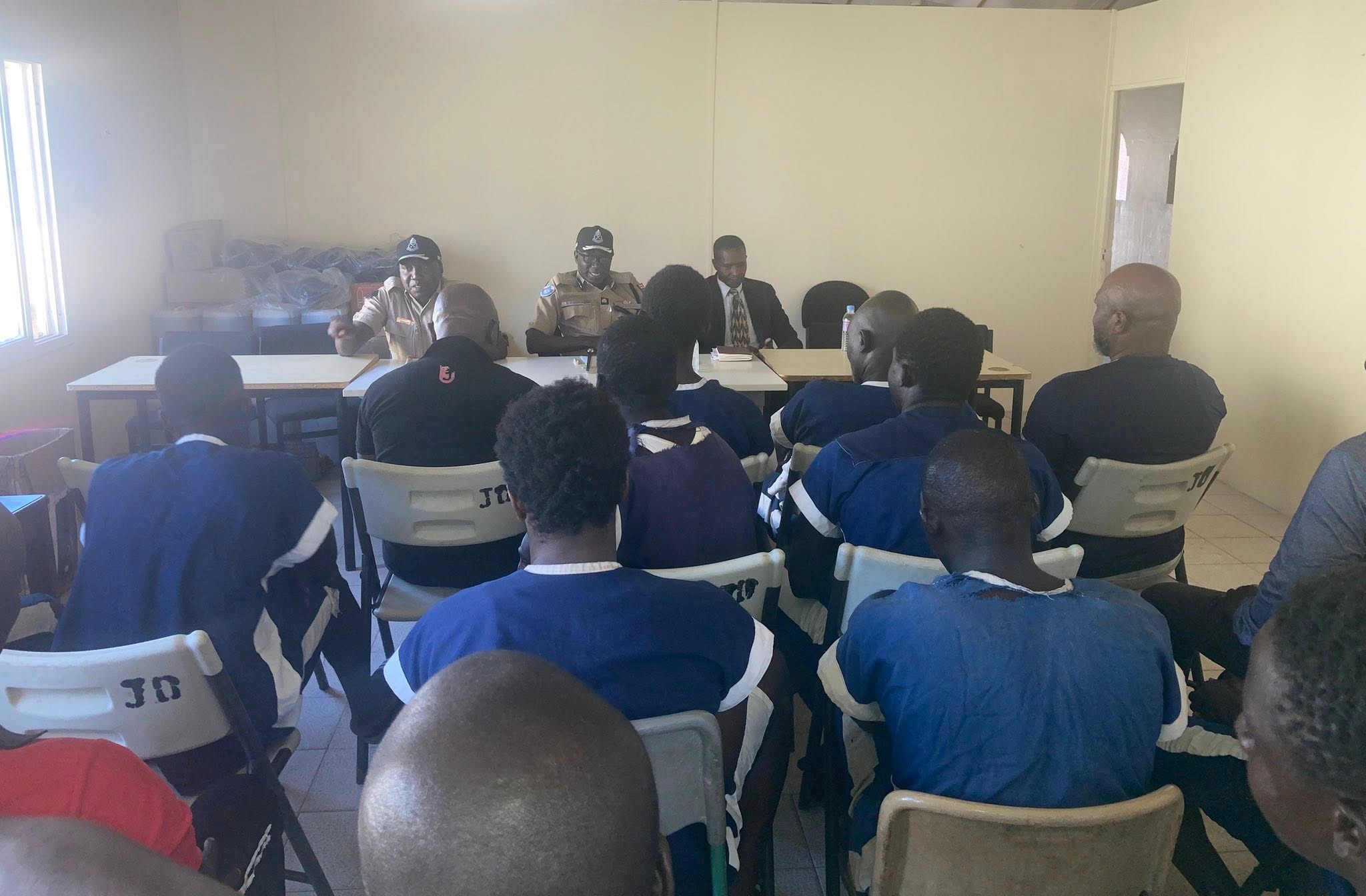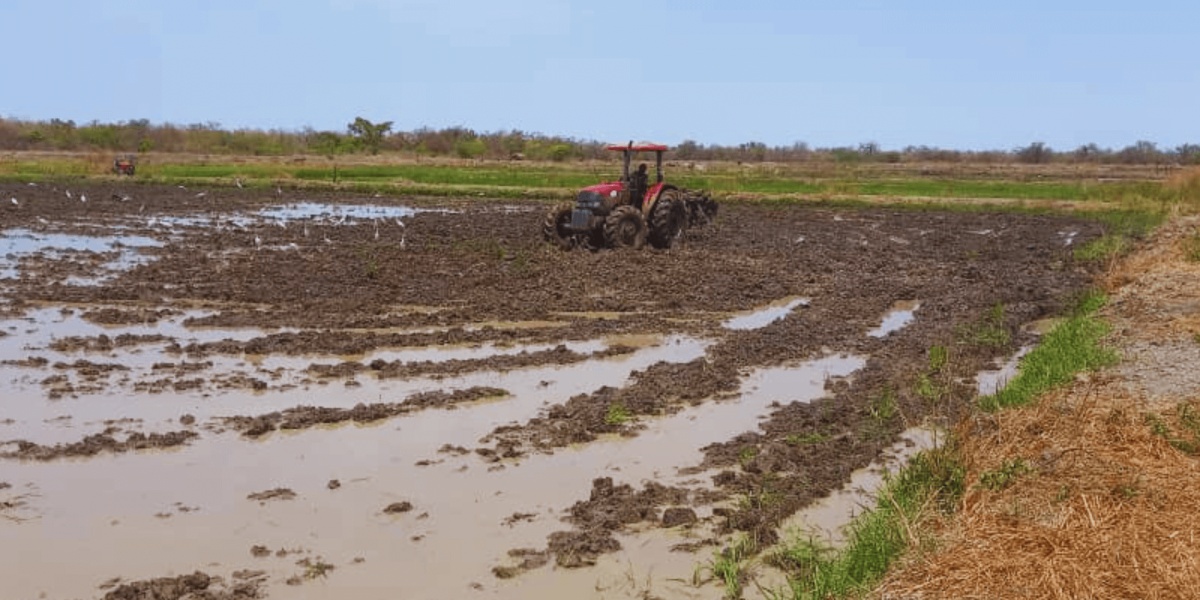Gambiaj.com – (BANJUL, The Gambia) – The National Audit Office (NAO) has raised concerns over the lack of soil fertility mapping in The Gambia for the past 30 years, warning that the absence of updated soil quality data could have serious implications for agriculture and environmental sustainability.
According to a recent NAO audit report, officials from the National Agricultural Research Institute (NARI) confirmed that no comprehensive soil fertility assessment has been conducted since 1990, when the last mapping exercise was carried out under the GAAP project.
An agricultural expert, speaking to The Standard yesterday, underscored the potential consequences of this gap, stating that decades without soil quality surveys could negatively impact crop yields, land management, and sustainable farming practices.
The report noted that NARI is now attempting to revive soil fertility mapping efforts by installing essential equipment, including an Atomic Absorption Spectrophotometer (AA Server) machine. This advanced tool is expected to facilitate precise soil analysis to support evidence-based agricultural decisions.
However, NAO’s findings revealed setbacks in the implementation of this initiative. While the FAO procured and installed an AA Server machine at NARI’s headquarters in 2022, a similar machine acquired by the Ministry of Agriculture remains uninstalled due to the lack of a designated space in Sapu. Despite these investments, neither machine is currently operational due to inadequate technical expertise among NARI personnel.
The FAO attempted to bridge this knowledge gap by organizing a three-day training session, but NARI officials reported that the short duration was insufficient to equip staff with the necessary skills to operate the sophisticated equipment effectively.
Additionally, NAO noted that NARI failed to provide proof of training activities included in its budget since 2021, raising further concerns about the institution’s preparedness to conduct soil fertility research.
The audit recommended that NARI expedite comprehensive training programs and technical support to ensure that the soil testing equipment is fully functional and serves its intended purpose.
NAO emphasized the importance of Integrated Plant Nutrition Systems, which require soil fertility research to assess all possible sources of plant nutrients in a manner tailored to each farming context. Without urgent intervention, the absence of updated soil quality data could hinder The Gambia’s ability to optimize agricultural productivity and ensure sustainable land management.










